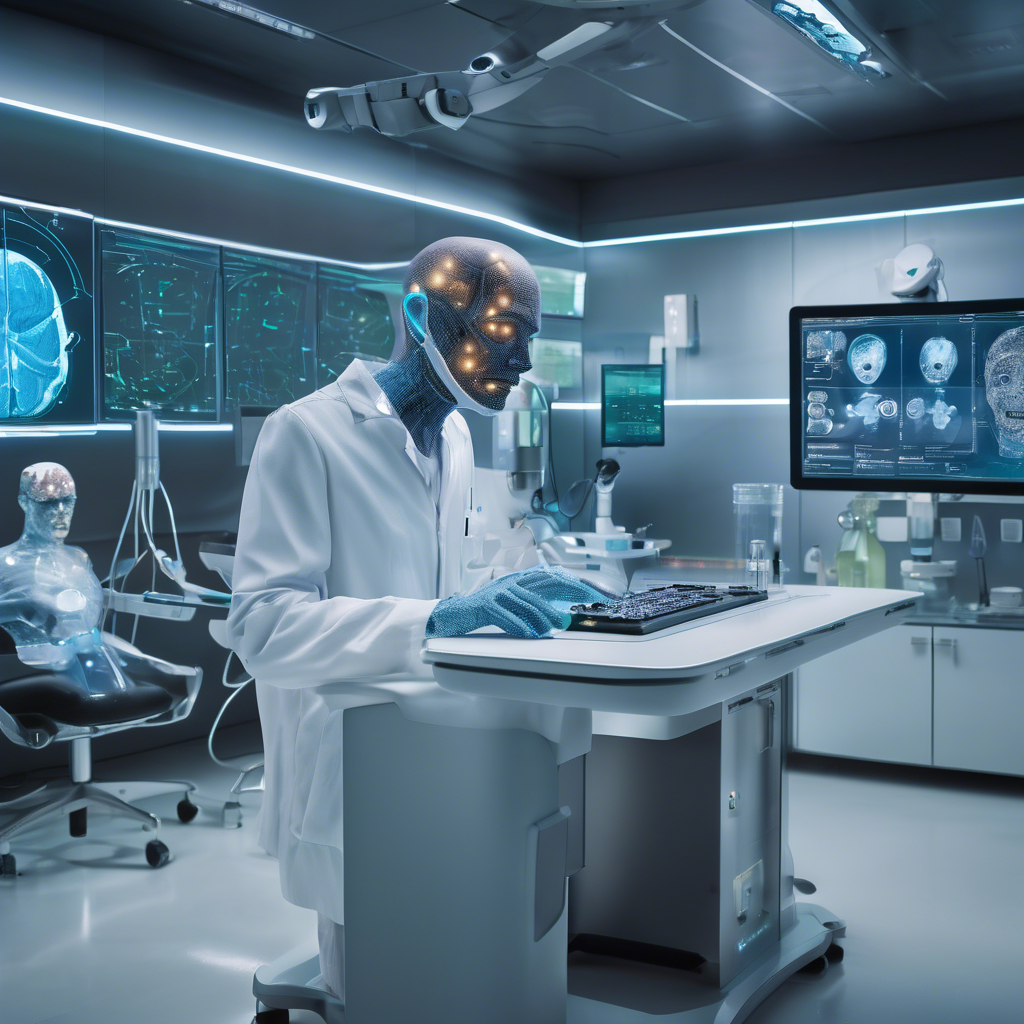
Scientists have created an innovative AI-driven tool called FaceAge that analyzes facial features to predict survival outcomes in cancer patients, frequently surpassing clinicians in accuracy. This technology employs deep learning algorithms to offer a more objective method of assessing a patient’s biological age as opposed to their chronological age, thereby enhancing prognostic evaluations in oncology. The development process involved training a deep learning model on a large dataset comprising over 58, 000 photographs of healthy individuals, allowing the system to recognize aging patterns reflected in facial characteristics. Researchers then tested the model on 6, 196 cancer patients to determine its effectiveness. Strikingly, the algorithm revealed that these patients’ biological or “FaceAge” appeared approximately five years older than their actual chronological age. This age discrepancy held significant implications for understanding patient health status. Published in the journal Lancet Digital Health, the study demonstrated a strong link between higher FaceAge and reduced survival chances among cancer patients. Notably, this association was independent of variables such as chronological age, sex, or cancer type, indicating that FaceAge captures unique elements of biological aging and health decline. In clinical settings, FaceAge has shown particular promise in improving survival predictions. The research found that when clinicians incorporated FaceAge alongside traditional methods, their accuracy in predicting six-month survival improved from 61% to 80%. This advancement may facilitate better-informed decisions regarding treatment plans and end-of-life care discussions.
Despite its encouraging results, FaceAge has limitations. Potential biases in the training and validation datasets could lead to skewed or less generalizable outcomes. Furthermore, as with any AI system, FaceAge may produce errors or misinterpretations, highlighting the need for ongoing validation and refinement. Current research aims to expand testing to assess the tool’s usefulness beyond cancer prognosis, including its potential to forecast general health outcomes and lifespan in wider populations. This study significantly contributes to the growing field of aging biomarkers—biomedical research focused on developing measurable indicators of biological aging. While perceived aging has traditionally been evaluated through human observation and recognized as a predictor of disease and overall health, FaceAge advances this by automating the assessment, potentially offering greater consistency and objectivity. Experts underline the importance of transparency regarding how the AI identifies and weighs facial features in estimating biological age. Such understanding is vital to ensure reliability, avoid confounding factors, and address ethical concerns tied to AI-driven medical predictions. Overall, FaceAge represents a promising convergence of artificial intelligence and medical prognostics, introducing novel methods to assess patient health and guide clinical decisions. As research continues, it may enable more personalized and precise medical care centered on the biological realities reflected in patients’ appearances.
FaceAge: AI-Powered Facial Analysis Enhances Cancer Survival Predictions


Around 2019, before AI’s surge, C-suite leaders primarily worried about ensuring sales executives accurately updated the CRM.

Otterly.ai, a pioneering Austrian software company, has recently attracted attention for its novel approach to monitoring brand and product representation within responses generated by large language models (LLMs).

Nvidia has recently become the first company to reach a $5 trillion market valuation, just three months after surpassing the $4 trillion mark.

Scope AI has unveiled a groundbreaking advancement in data security through the development of its quantum resilient entropy technology, known as QSE Technology.

Artificial intelligence is dramatically reshaping video analytics by enabling the extraction of actionable insights from massive quantities of visual data.

The Year of Vibe Marketing and Human-Made Content AI continues to transform the world, altering audience expectations and redefining the roles of marketing professionals

Advertisers are increasingly leveraging artificial intelligence (AI) to transform the creation and delivery of video advertisements.
Launch your AI-powered team to automate Marketing, Sales & Growth

and get clients on autopilot — from social media and search engines. No ads needed
Begin getting your first leads today